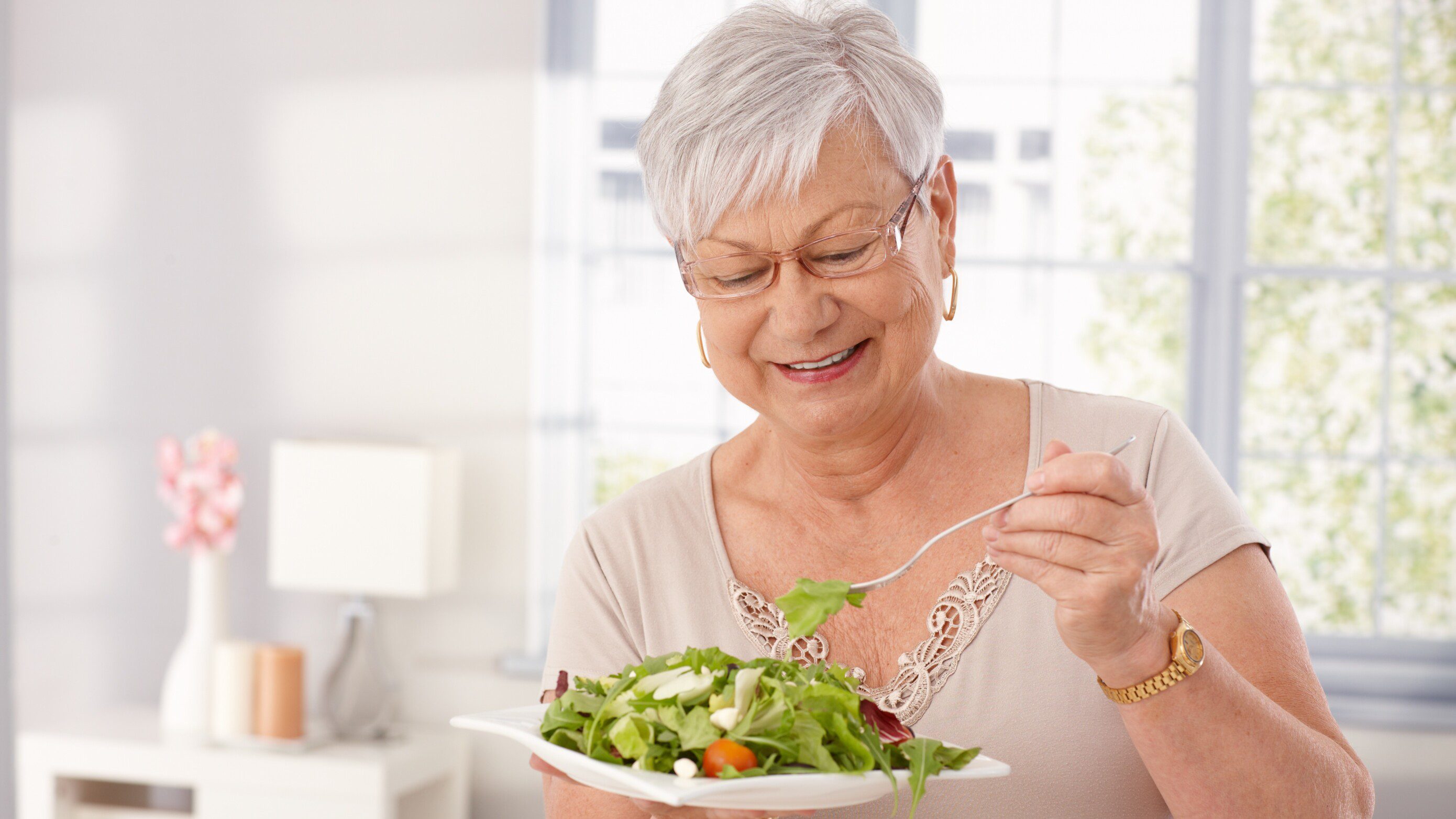Loss of appetite in seniors is a complex problem that requires understanding and patience. Today we will introduce you to the causes of this problem and offer practical and useful advice for caregivers.
Psychological causes of loss of appetite
Emotional upheavals, such as the loss of a partner or pet, can lead to stress and reduced appetite. In addition, the isolation felt by many seniors can reduce the joy of eating and turn it into a routine task.
Retirement can also disrupt long-standing habits, including regular eating. The inability to carry out certain activities due to new health restrictions may also be an impairment. This often leads to skipping meals or irregular eating.
The physical side of the problem
Aging naturally dulls the sense of taste and smell, making food less appealing and reducing appetite. In addition, the myriad medications prescribed to seniors for health problems often have side effects, such as a change in taste or dry mouth, which can discourage eating.
Unfortunately, that is not all. From dental problems to serious illnesses such as Alzheimer’s disease, physical ailments can make the act of eating difficult and unpleasant. With more than 80% of older adults having at least one chronic disease and 77% having at least two, it is clear that chronic disease management is key in addressing appetite loss in seniors.
How to manage loss of appetite in seniors?
Every senior is unique. And so are their needs. However, there are a few things you can try that would help in most cases.
- Enhance the appeal of food: brighten up meals with colourful foods and side dishes to make them visually appealing. By experimenting with different flavours and textures, you can also find out what the senior tastes best.
- Encourage social eating: eating together can stimulate the appetite and make mealtimes more enjoyable. By eating together, loneliness and its impact on appetite can be combated to a large extent.
- Respect food preferences: pay close attention to what the senior likes and dislikes. Preparing their favourite foods can significantly increase their willingness to eat.
- Offer smaller and more frequent meals: Large meals can be overwhelming. Providing smaller portions throughout the day may be more attractive and less demanding for seniors to consume.
- Regular hydration: regular fluid intake is essential. Dehydration can suppress the feeling of hunger, so it is important to ensure that seniors drink enough throughout the day.
Our role at Atena
At Atena , we recognize the complexity of caring for seniors, especially when it comes to ensuring they are adequately nourished. Our mission is to connect caregivers who have the right combination of skills and empathy with families who need their support. If you are looking for advice or need help finding senior care, Atena is your resource for assistance. Together, we can improve the well-being and nutrition of seniors in our care.







